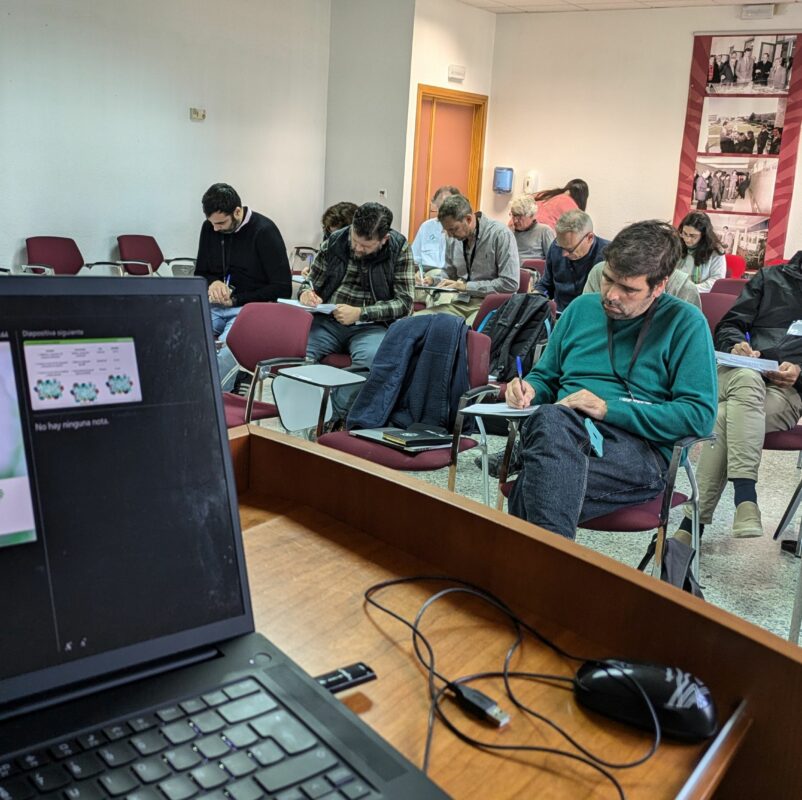A study led by the CTFC analyzes the main obstacles limiting forest restoration in Spain and proposes practical solutions to make forest recovery more effective, coordinated, and sustainable.
With the new European Union Nature Restoration Law, Member States will have to develop National Restoration Plans to recover degraded ecosystems. But what keeps forest restoration actions from succeeding? A new study led by the Global Forest Ecosystems Research Group at the Forest Science and Technology Centre of Catalonia (CTFC) and funded by Fundación Biodiversidad of the Spanish Ministry for Ecological Transition and Demographic Challenge addresses this question and offers concrete solutions to improve the effectiveness of forest restoration in Spain.
The study, carried out within the REFORADAPT project and published in Environmental Science & Policy, identifies and analyzes the main challenges facing forest restoration and adaptation in the country, based on the collective knowledge of 62 experts from different fields. Through two rounds of questionnaires and four participatory workshops, the specialists agreed that the most limiting barriers are not technical, but economic, political, and social. Among them are short-term budgets, undervaluation of ecosystem services, perverse incentives, political short-sightedness, bureaucracy, and fragmented policies.
Based on this diagnosis, the study proposes a roadmap of feasible solutions, combining the creation of independent restoration agencies with stable long-term funding, more agile administrative processes, economic incentives for landowners —including the valorization of provided ecosystem services, and greater public awareness about the importance of forests and their restoration.
This research represents the first systematic national-level assessment of the challenges of forest restoration in Spain, integrating ecological, social, economic, and governance dimensions. It also offers a participatory evaluation model that could be replicated in other countries and contexts. The results are directly relevant to current policies, as they can guide national and regional restoration strategies, helping ensure that future initiatives under the European framework are more effective and sustainable.
“Forest restoration will only be viable if it becomes a collective priority supported by sustained political and economic commitment,” says Maitane Erdozain, first author of the article. “The study highlights the need to create spaces for dialogue among key actors and to strengthen coordination and cross-sectoral collaboration around restoration.”
“At a time when Europe is seeking to scale up its ecological restoration efforts, this work provides a practical and collaborative vision for turning challenges into opportunities,” concludes Sergio de Miguel, Professor of Forest Science at the University of Lleida and Coordinator of the Global Forest Ecosystems Research Group at the CTFC.
Further information:

Last modified: 29 October 2025










